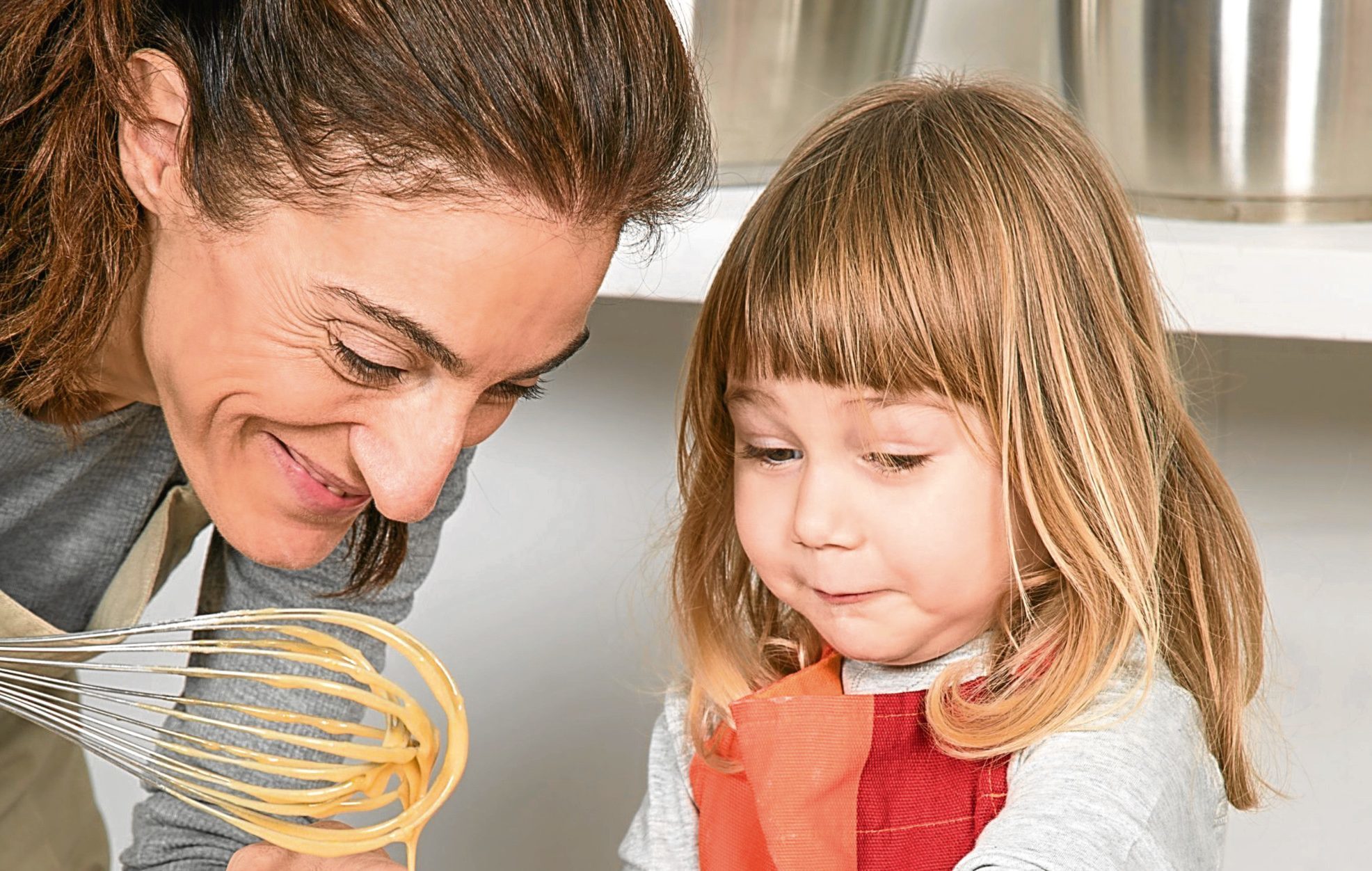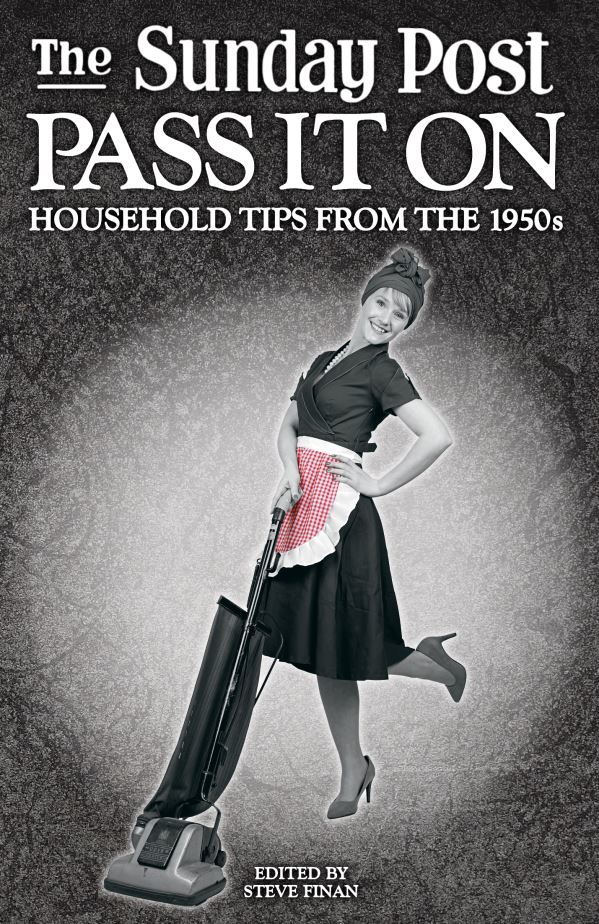
IN the past, when children of any age needed to know how to perform basic domestic tasks from sewing on buttons to getting stains out of clothes, they’d ask Mum.
But these days, it seems that wealth of everyday know-how is either being found on the internet or lost entirely, instead of being passed down.
New research suggests letter writing, how to sew, washing up, ironing, and how to spring clean are among the things mothers aren’t teaching their offspring any more.
Organising the laundry and making “proper” gravy, cakes and biscuits are also on the list of skills casualties, compiled from a survey of 2,000 mums of children aged two and above.
The Addis Housewares study found the top skills not being passed on include darning and patching clothes, crocheting and polishing brass and silverware, but it could be argued that most of the skills that face extinction are outdated and no longer needed in today’s “throwaway” society.
“Being a parent is all about preparing your child for the life ahead of them, and of course being practically able to look after yourself in terms of cooking a meal and doing the washing up are important,” says Anne-Marie O’Leary, editor in chief of the parenting site Netmums.
“But the majority of this list are life skills that simply aren’t needed.”
Indeed, 64% of the mums questioned thought much of their know-how is no longer relevant to modern kids, although eight in 10 said their offspring enjoy learning things from them.
They believe the most-important skill to pass down to children is cooking, followed by looking after money and moral values.
Anne-Marie suggests the most important skills to pass on to children these days are how to be a good role model, how to be a good listener, how to express yourself, how to give back, how to multi-task, how to self-soothe, and how to motivate yourself.
Justine Roberts, chief executive ofMumsnet, points out: “Mothers tend to be fairly busy these days.
“If only there were another kind of parent available to teach children how to darn socks, starch shirts and crochet.
“Until we find them, though, we’ll just have to turn gratefully to YouTube tutorials.”
Another place to find some great tips for everyday life is our new book ‘Pass It On’ based on advice sent in by our readers back in the 50s.
Visit www.dcthomsonshop.co.uk or phone 0800 318 846 to buy a copy.


Enjoy the convenience of having The Sunday Post delivered as a digital ePaper straight to your smartphone, tablet or computer.
Subscribe for only £5.49 a month and enjoy all the benefits of the printed paper as a digital replica.
Subscribe